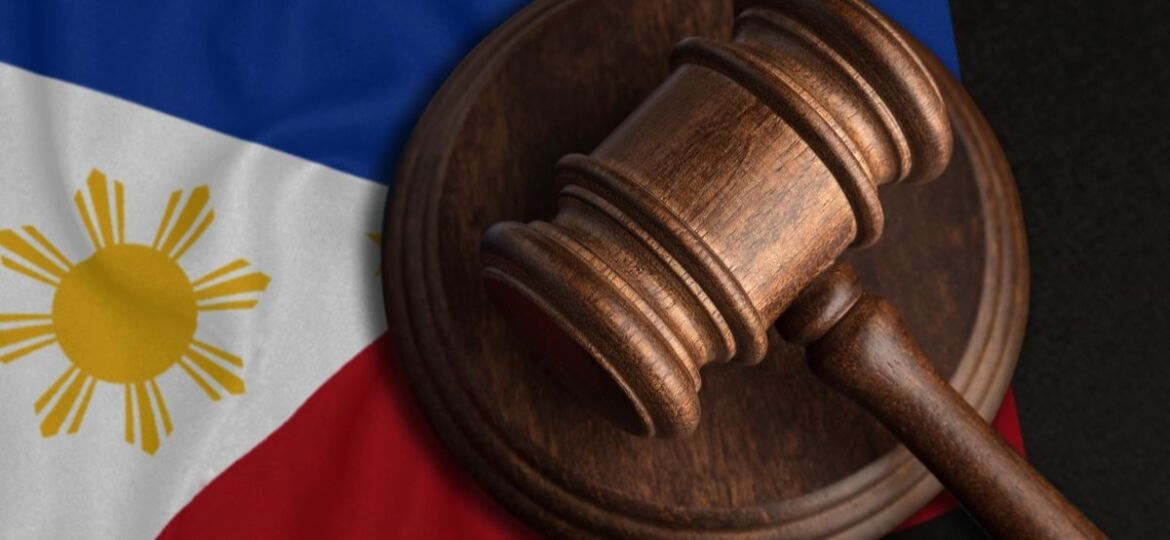
Impeachment is a constitutional process designed to hold public officials accountable for misconduct while in office. Rooted in the principle that no one is above the law, impeachment serves as a check on the abuse of power, ensuring that elected or appointed officials adhere to the highest standards of integrity and public trust. This article examines the constitutional basis for impeachment.
What is the Constitutional basis for Impeachment?
The power to impeach is enshrined in the 1987 Constitution of the Philippines, specifically under Article XI (Accountability of Public Officers). This provision establishes the legal framework for holding high ranking officials accountable for serious offenses committed during their tenure.
Key sections of Article XI include:
- Section 1:
“Public office is a public trust. Public officers and employees must, at all times, be accountable to the people, serve them with utmost responsibility, integrity, loyalty, and efficiency; act with patriotism and justice, and lead modest lives.”1
- Section 2:
“The President, Vice President, the Members of the Supreme Court, the Members of the Constitutional Commissions, and the Ombudsman may be removed from office on impeachment for, and conviction of, culpable violation of the Constitution, treason, bribery, graft and corruption, other high crimes, or betrayal of public trust.”2
- Section 3:
Outlines the process of impeachment, which begins in the House of Representatives and concludes in the Senate.3
What are the Grounds for Impeachment?
The Constitution specifies the following grounds for impeachment:
- Culpable Violation of the Constitution: Deliberate and willful disregard of constitutional provisions.
- Treason: Betrayal of the nation, typically involving acts that aid foreign enemies.4
- Bribery: Receiving or offering undue influence in exchange for official action.5
- Graft and Corruption: Misuse of public office for personal gain.6
- Other High Crimes: Serious offenses that undermine the integrity of the office.7
- Betrayal of Public Trust: A broad category that includes acts that erode public confidence in the official’s ability to serve.8
What is the impeachment process?9
The impeachment process in the Philippines involves two main stages:
- Initiation in the House of Representatives:
Any member of the House may file an impeachment complaint. The complaint is referred to the Committee on Justice, which determines its sufficiency in form and substance.
If the committee finds the complaint sufficient, it conducts hearings and votes on whether to endorse the articles of impeachment to the full House. A vote of at least one third of all House members is required to transmit the articles of impeachment to the Senate.
2. Trial in the Senate:
The Senate acts as an impeachment court, with Senators serving as jurors. The Chief Justice of the Supreme Court presides if the President is on trial. A two thirds vote of the Senate is required to convict and remove the official from office.
How is Conviction or Acquittal determined?
Senators are expected to vote based on their conscience. The standard of proof required is not “beyond reasonable doubt” because an impeachment trial is not a criminal trial. The Impeachment Court is not a Court of Law, it is a political process, not criminal. The Rules of Court are adopted for procedural purposes and are therefore supplementary in nature to the Senate Rules on Impeachment.
What is the result of a conviction of an impeachment case?
Judgment in cases of impeachment shall not extend further than:
- Removal from office
- The Senate can additionally impose the penalty of disqualification from holding any office in the Philippine government.
The party convicted shall nevertheless be liable and subject to prosecution, trial, and punishment, according to law.
Are impeachment cases subject to Judicial Review?
The Supreme Court has the power to review cases of impeachment, to see if they conform to the procedures and requirements enshrined in the Philippine Constitution. They cannot, however, comment on the actual charges. The charges themselves, since an impeachment is a political trial, is political in nature, hence, they are beyond the power of judicial review.10
What are the legal and political implications of it?
Impeachment is not only a legal process but also a deeply political one, with outcomes often influenced by the prevailing political climate. It remains a vital tool for ensuring accountability among public officials. Grounded in the 1987 Constitution, it provides a mechanism to address serious misconduct and restore public trust. Whether a Senate trial results in removal from office or acquittal, the case will have lasting implications for Philippine democracy and the rule of law.
- Section 1, Article XI, 1987 Philippine Constitution ↩︎
- Section 2, Article XI, 1987 Philippine Constitution ↩︎
- Section 3, Article XI, 1987 Philippine Constitution ↩︎
- Article 114, Revised Penal Code ↩︎
- Article 210-211, Revised Penal Code ↩︎
- Republic Act 3019 ↩︎
- Bernas, J., The 1987 Philippine Constitution of the Republic of the Philippines: A Commentary, 2003 ed. p. 1113 ↩︎
- Record of the Constitutional Commission of 1986, p. 272 ↩︎
- Article XI, Section 3, Paragraph 4, 1987 Philippine Constitution of the Philippines ↩︎
- Francisco vs. House of Representatives, G.R. No. 160261, November 10, 2003 ↩︎


